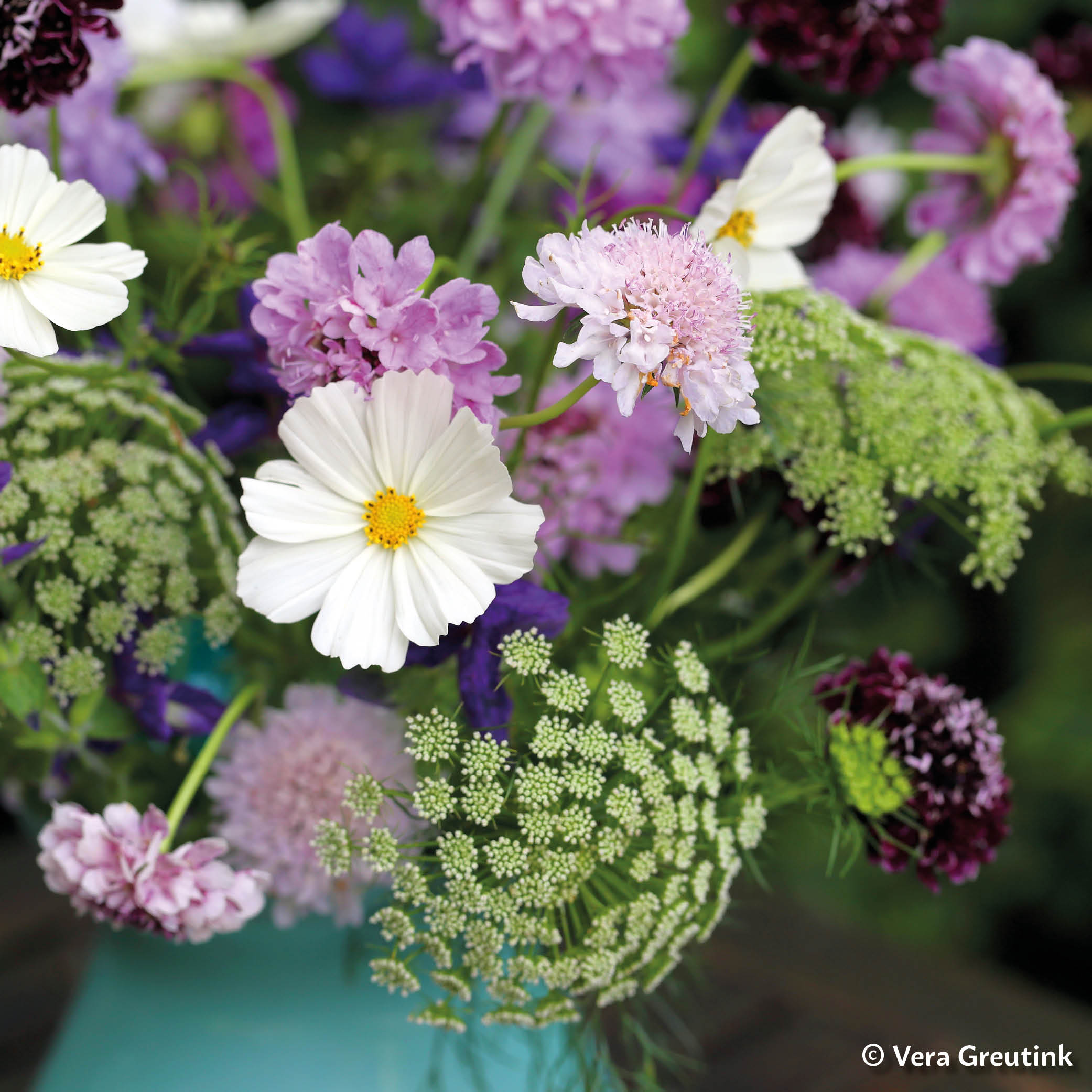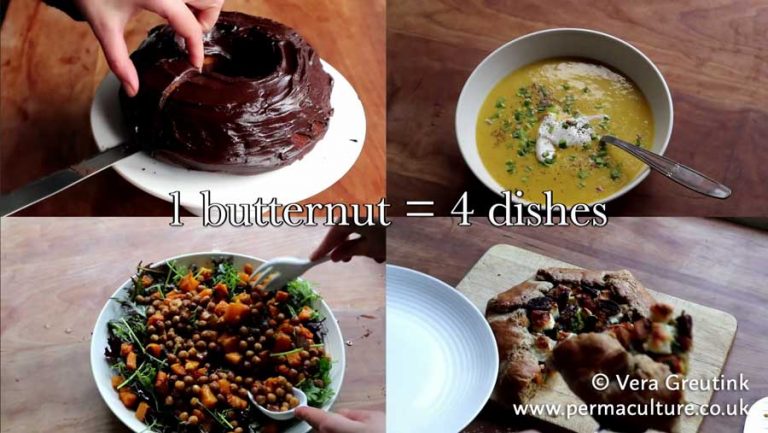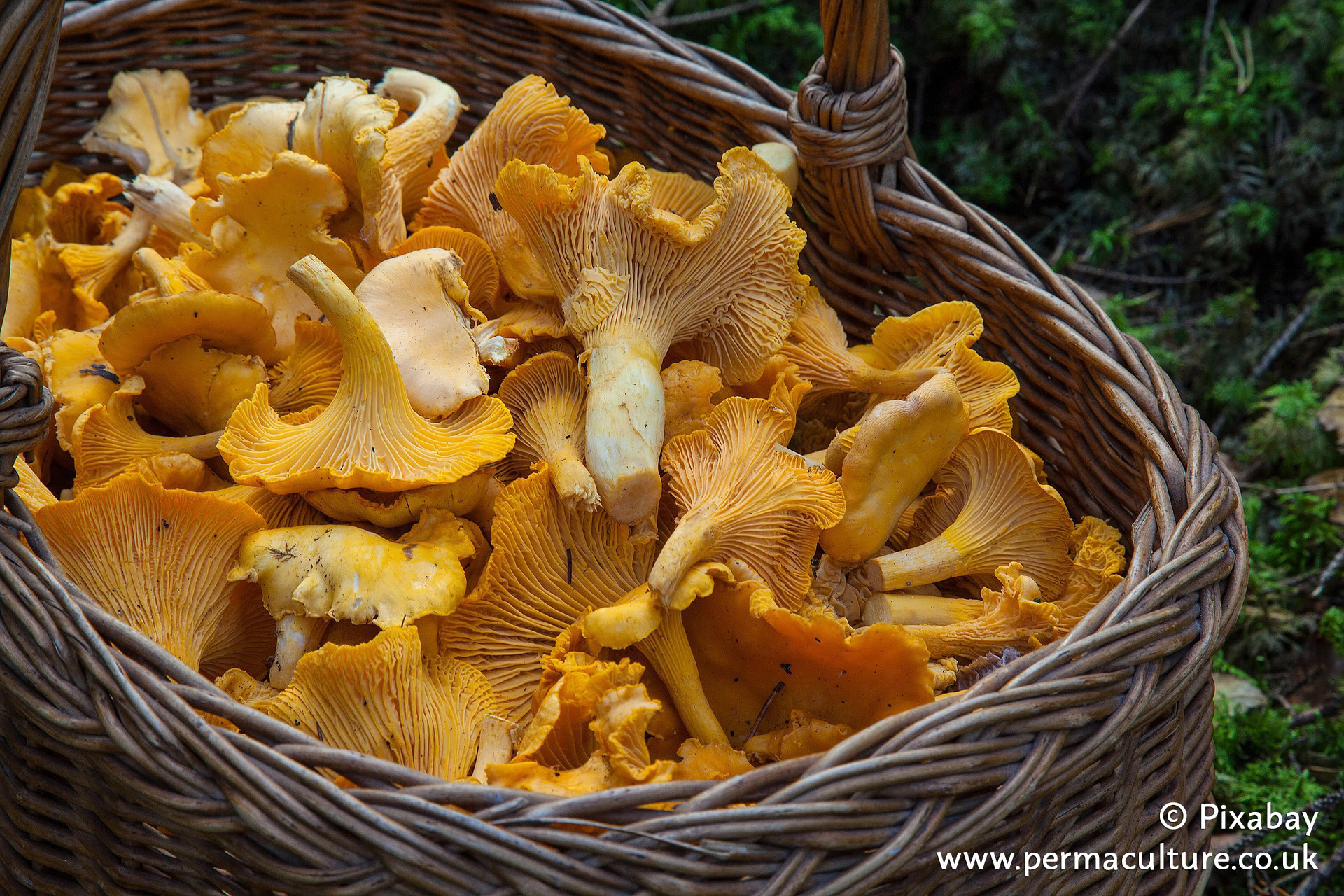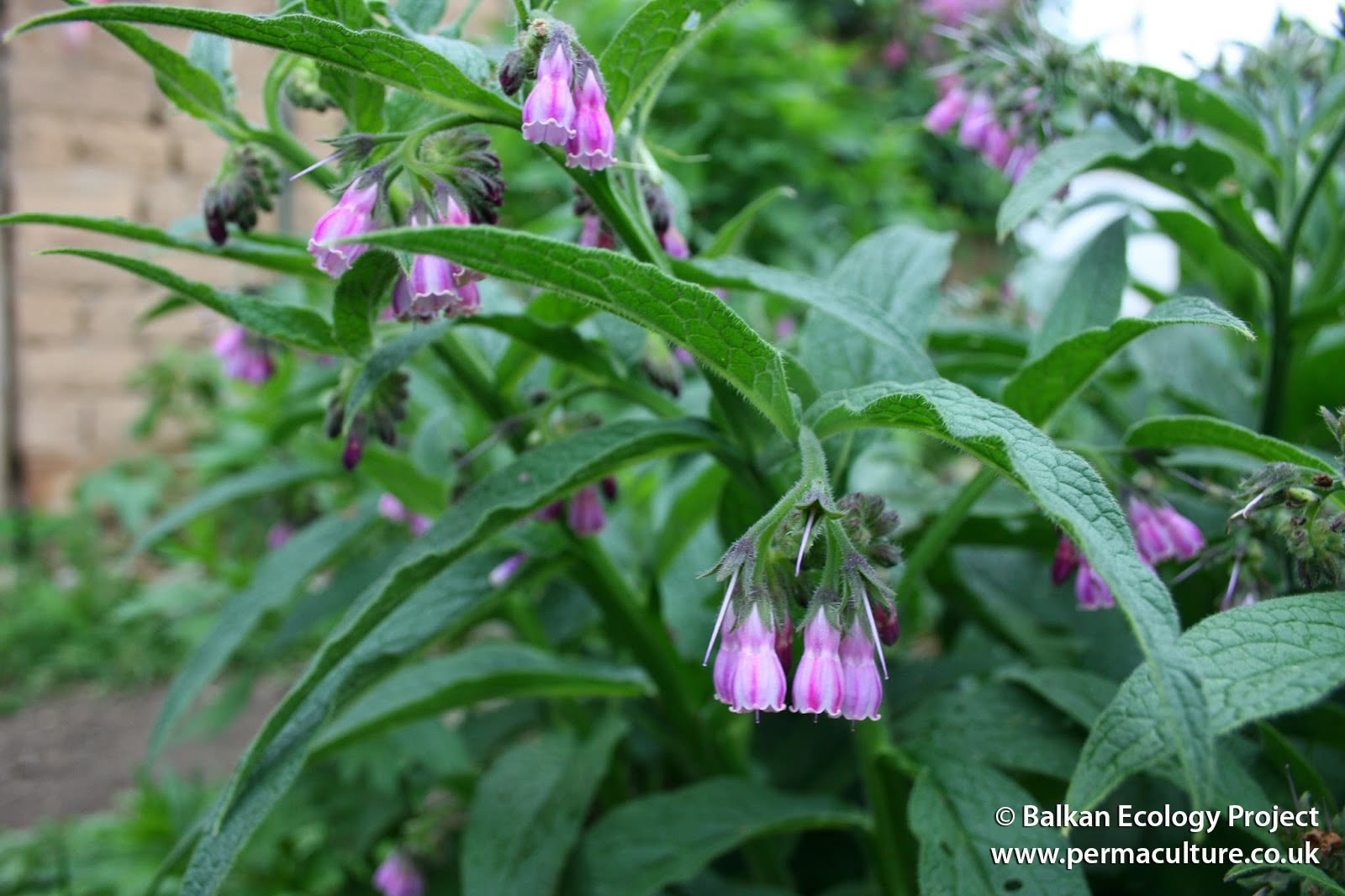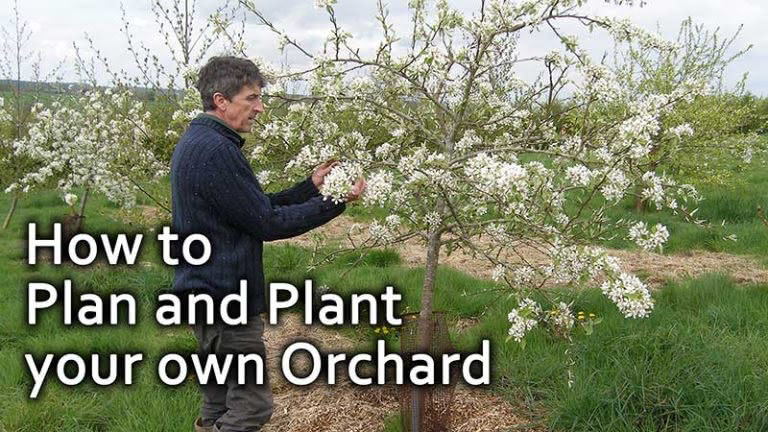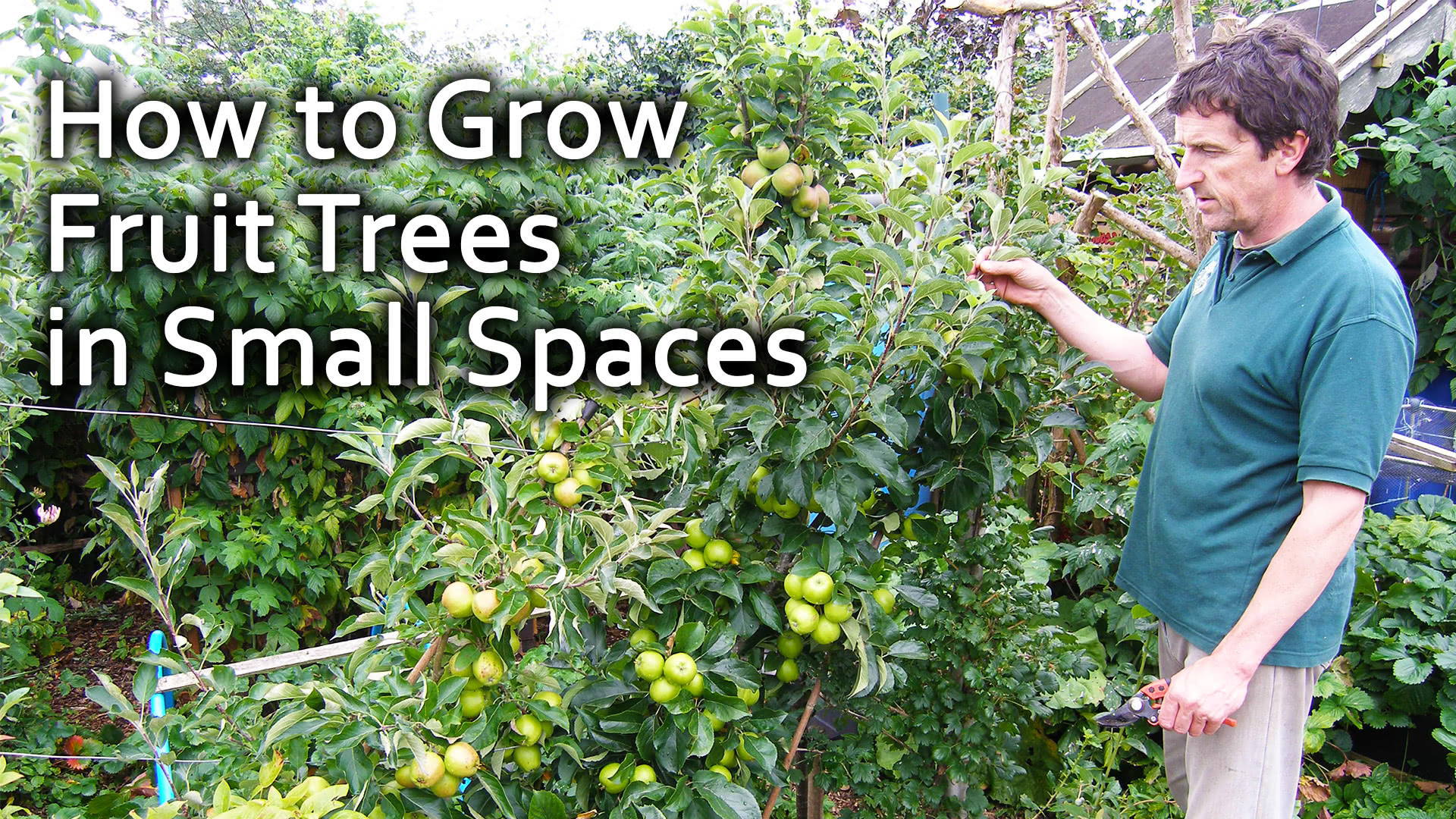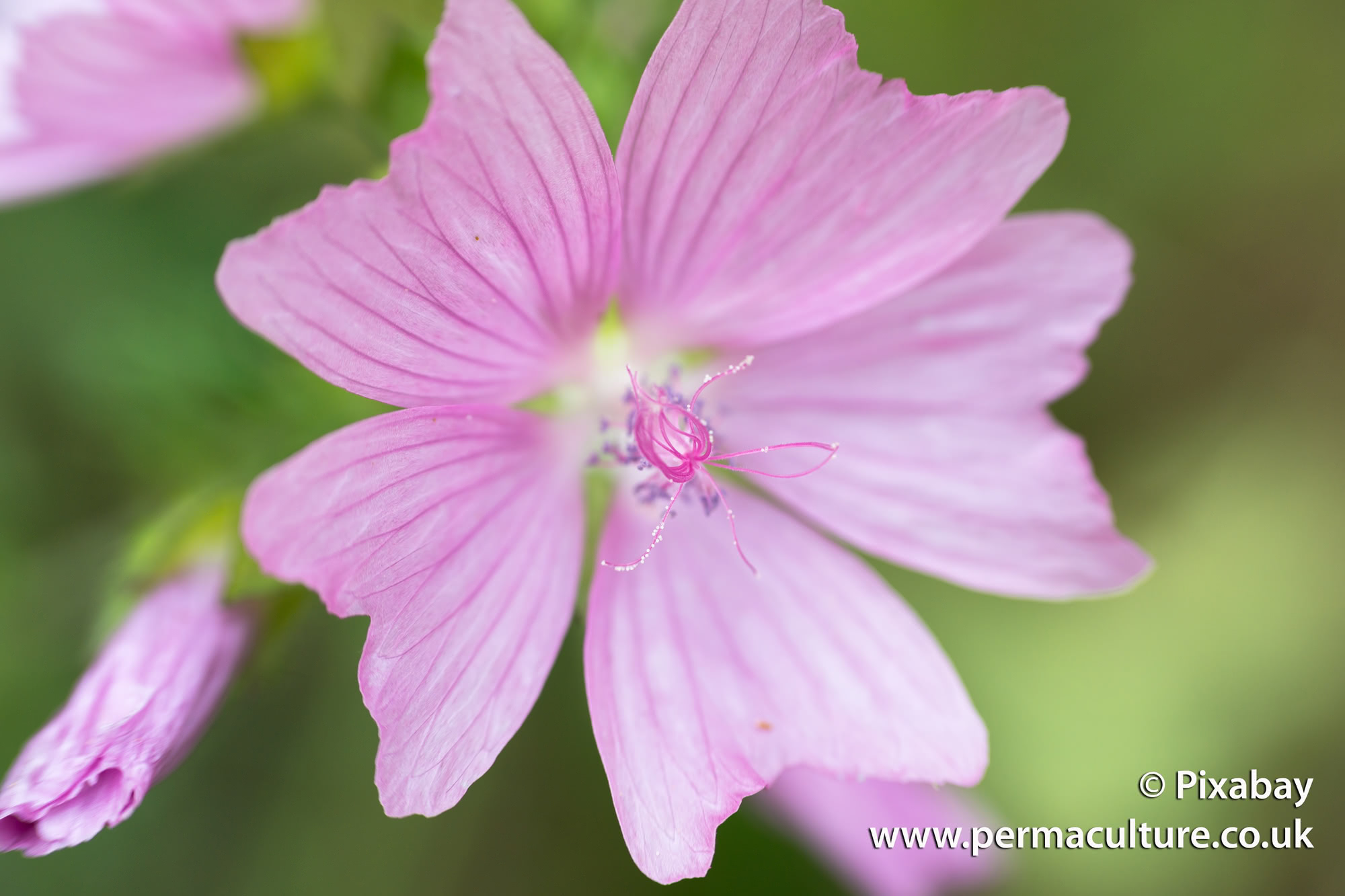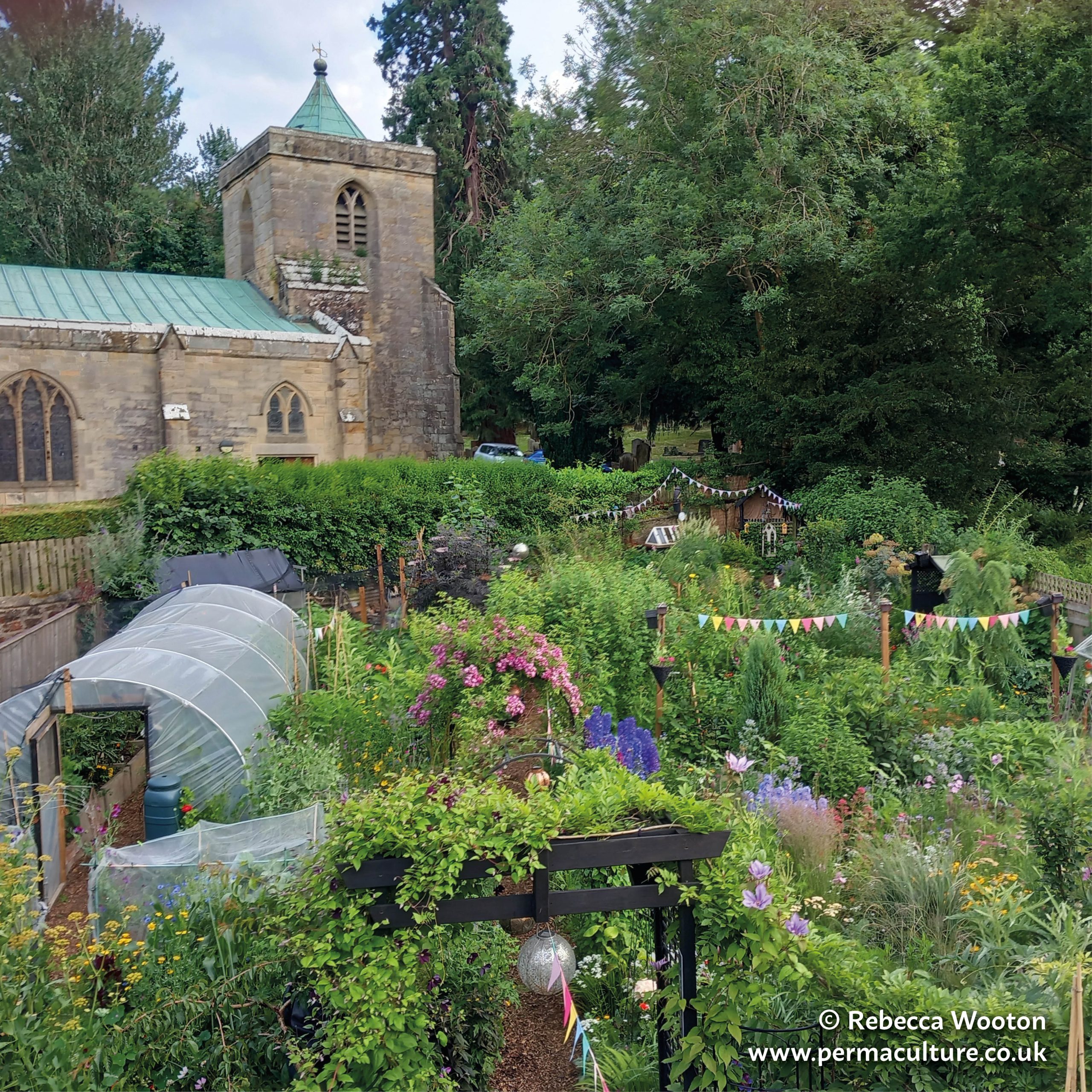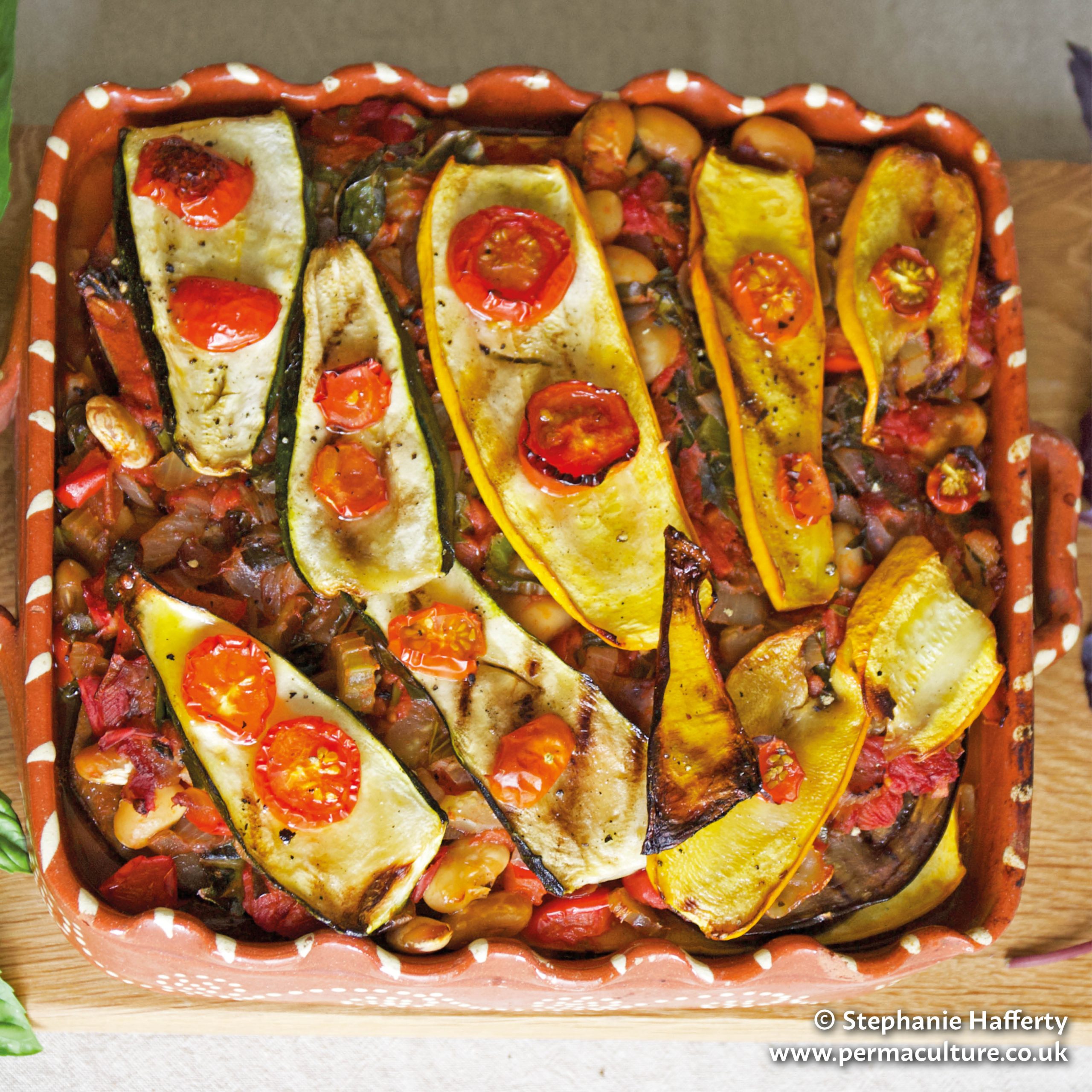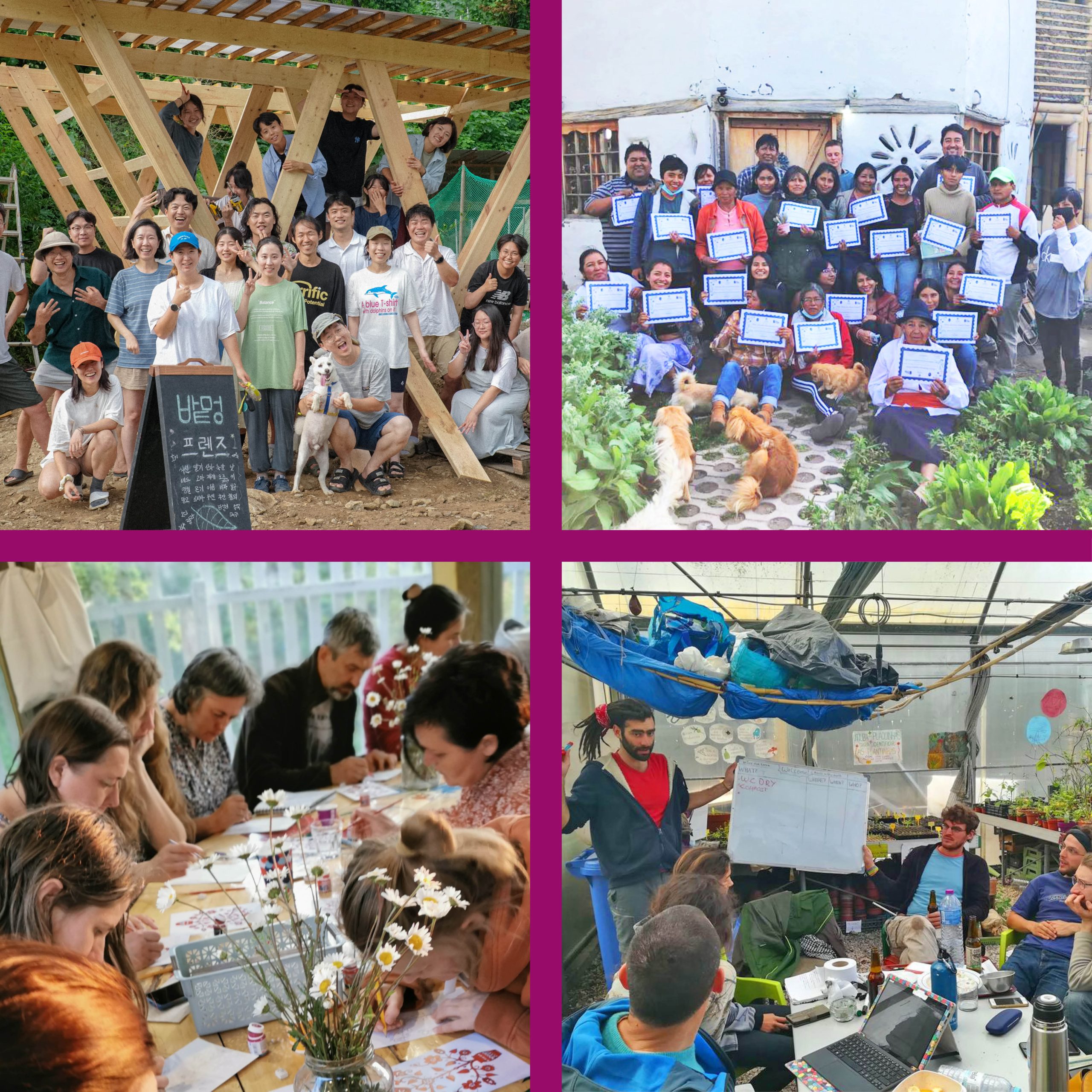Around the World in 80 Plants is a seed catalog on steroids: enticing descriptions (Japanese knotweed is dubbed ‘a gourmet nuisance plant’) and tantalizing histories (the original ingredient for borscht may have been hogweed, a.k.a. H. sibiricum ) are followed by helpful tips on cultivars, cultivation, and propagation.
While Barstow’s goal is not to provide a field guide for the 80 plants he introduces, he does aim “to inspire perennial vegetable gardening rather than foraging”. The arrow certainly hits its mark. Readers even vaguely intrigued by such an idea will find themselves torn between continuing to read and wanting to start searching for various plants.
The edimentals, Barstow’s term for these plants that serve as edibles as well as ornamentals, are organized by region and readers can learn where to get seeds or root cuttings, and how these plants fit into the ancestry of common favorites. Sea beet, for example, is the venerable ancestor of beets and Swiss chard. Barstow describes how the plants fit into indigenous cultures and offers mouth watering recipes, such as Egyptian falafel using wild leek, to illustrate its culinary traditions.
Research began more than 30 years ago when Stephen moved from Scotland to Norway. Stephen and his wife struggled to find enough to satisfy their vegetarian diet. A curious and committed permaculturist somewhat limited by climate, Barstow picked up plants and information in Norway, as well as on his numerous travels over the ensuing years. Each plant listed here is one of the 2,000 varieties found in his garden.
The wide array of people and materials – botanical and ethnobotanical studies, websites, databases, government publications, and books (modern and antiquated) – cited throughout are testament to his passion and thorough enthusiasm. These are all compiled into one of two appendices that readers will pore over for years. A handy alphabetical list of the plants, their preferred habitat, harvest time, and edimental rating make for easy referencing later.
Around the World in 80 Plants is the kind of gardening book that doesn’t come around so often any more – fascinating, informative and full of well-told stories and solid information – that is difficult to put down once started. Barstow provides an engaging and enlightening read that also inspires.
Around the World in 80 Plants is indeed destined to become a favorite classic of gardeners everywhere.
